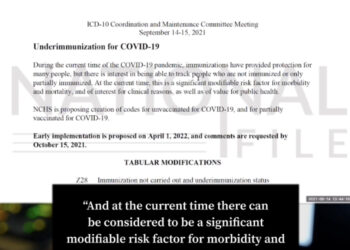Last Updated on October 24, 2019
According to a study from Harvard Medical School, too much brain activity–or thinking–can cause one to die sooner.
Thinking too much or too hard can lead you to an early grave.
10TV WBNS also reported on other studies which scientists have conducted to find out what influences longevity.
Study: Thinking too much can cause you to die sooner https://t.co/TS3rmx0TzR #10TV pic.twitter.com/Gg1f0Xsc9A
— 10TV (@10TV) October 22, 2019
According to 10TV WBNS:
Scientists have been for decades studying elements that could lead to longer or shorter lives. One study from June says fast walkers could live longer. Another study from January says being a Floridian could help you live longer.
The Harvard researchers and authors of the study, published in Nature, studied people ranging in age from 60s and 70s to those who lived to be 100 years or older. Even though “the mechanisms that extend lifespan in humans are poorly understood,” the study said people who died before they reached their mid-80s had lower levels of a protein called REST in their brains.
This protein, the study says, can tamp down the genes involved in sparking brain activity. Other Harvard researchers found in 2014 that this protein was depleted in the brains of people with Alzheimer’s.
These studies come at a time where public trust in the media has been declining for years.
Several other studies which are seemingly published to promote certain social outcomes tend to receive social media ‘ratios’ or backlash.
Eating plant-based food over meat ‘boosts men’s erections by 500%’https://t.co/34XxA9cwlH
— Daily Star (@dailystar) October 19, 2019
The recent promotion of entomophagy–or bug eating–hasn’t exactly been received with open arms by the public.
Some believe that the drive to force citizens to radically alter their diet, using a Trojan Horse of environmentalism, isn’t exactly in good faith–but to humiliate.
https://twitter.com/OrwellNGoode/status/1187086020262662145
Furthermore, alternative, more cramped, forms of living arrangements have also received plenty of praise from the media–again, under the guise/disguise of environmentalism.



















